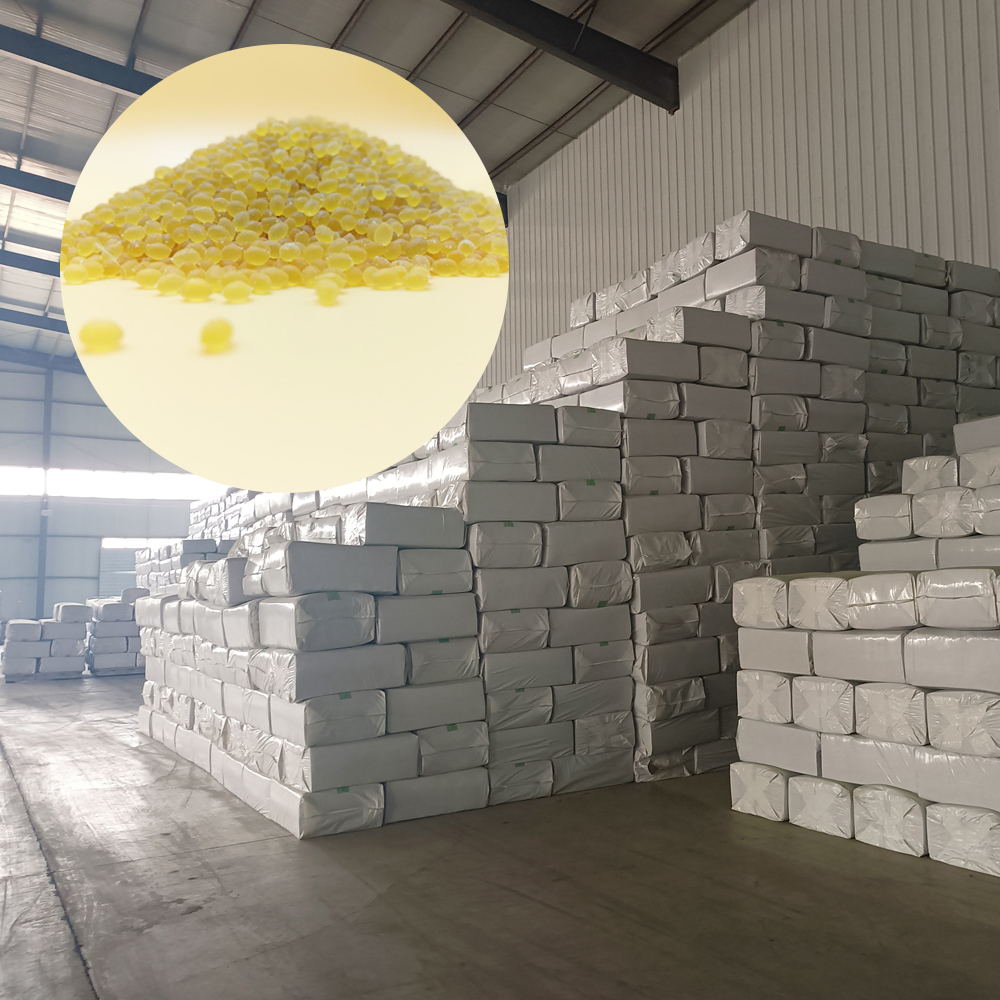Table of Contents
Understanding the Importance of Viscosity in Bitumen Additives for Asphalt Agents
Viscosity is a crucial property in the world of bitumen additives for asphalt agents. It refers to the resistance of a fluid to flow, and in the case of bitumen additives, it plays a significant role in determining the performance and durability of asphalt mixtures. Understanding the importance of viscosity in bitumen additives is essential for ensuring the quality and longevity of asphalt pavements.

One of the key reasons why viscosity is so important in bitumen additives is its impact on the workability of asphalt mixtures. The viscosity of the bitumen binder affects how easily it can be mixed with aggregates and other additives to create a uniform and homogenous mixture. If the viscosity is too low, the asphalt mixture may not hold together properly, leading to issues such as segregation and rutting. On the other hand, if the viscosity is too high, the asphalt mixture may be difficult to work with, making it challenging to achieve the desired compaction and density.
In addition to workability, viscosity also plays a crucial role in determining the performance of asphalt pavements. The viscosity of the bitumen binder affects its ability to resist deformation and cracking under traffic loads and environmental conditions. A bitumen binder with the right viscosity can help improve the fatigue resistance and durability of asphalt pavements, ensuring that they can withstand the rigors of daily traffic and harsh weather conditions.
Furthermore, viscosity is also important for controlling the flow and distribution of bitumen in asphalt mixtures. The viscosity of the bitumen binder influences how it coats and binds the aggregates in the mixture, helping to create a strong and durable asphalt pavement. By carefully controlling the viscosity of the bitumen binder, engineers and contractors can ensure that the asphalt mixture has the right balance of stiffness and flexibility to meet the specific requirements of the project.
To achieve the desired viscosity in bitumen additives for asphalt agents, various additives and modifiers can be used. These additives can help adjust the viscosity of the bitumen binder to meet the specific needs of the project, whether it’s improving workability, enhancing performance, or controlling flow and distribution. Common additives used to modify the viscosity of bitumen include polymers, rejuvenators, and anti-stripping agents, each offering unique benefits and properties to enhance the performance of asphalt mixtures.
| Number | Products |
| 1 | Viscosity Enhancer for Bitumen |
In conclusion, viscosity is a critical property in bitumen additives for asphalt agents, playing a key role in workability, performance, and durability of asphalt pavements. By understanding the importance of viscosity and how it can be controlled and modified using additives, engineers and contractors can ensure the quality and longevity of asphalt pavements. With the right viscosity, asphalt mixtures can achieve optimal performance and durability, providing safe and reliable road surfaces for years to come.

